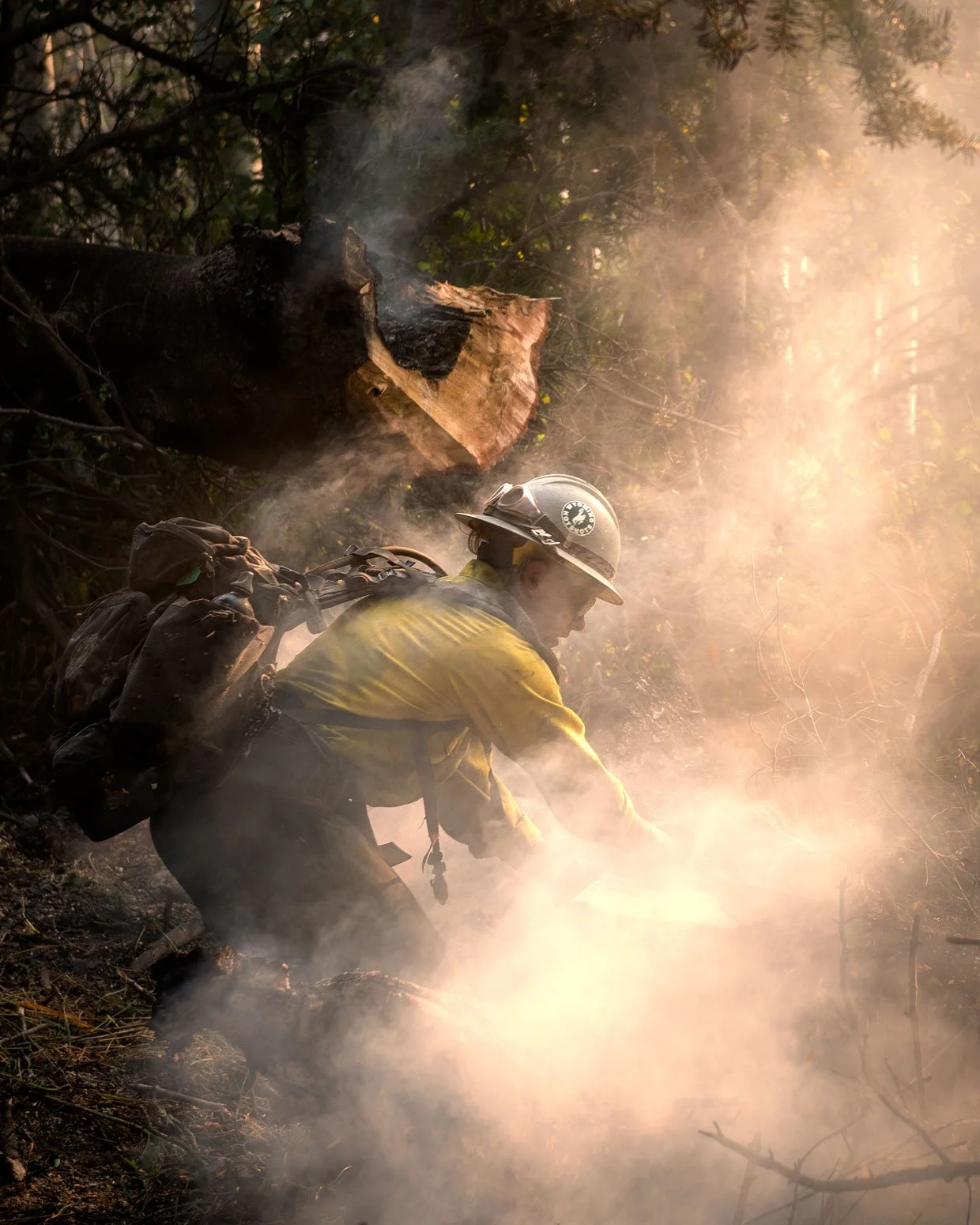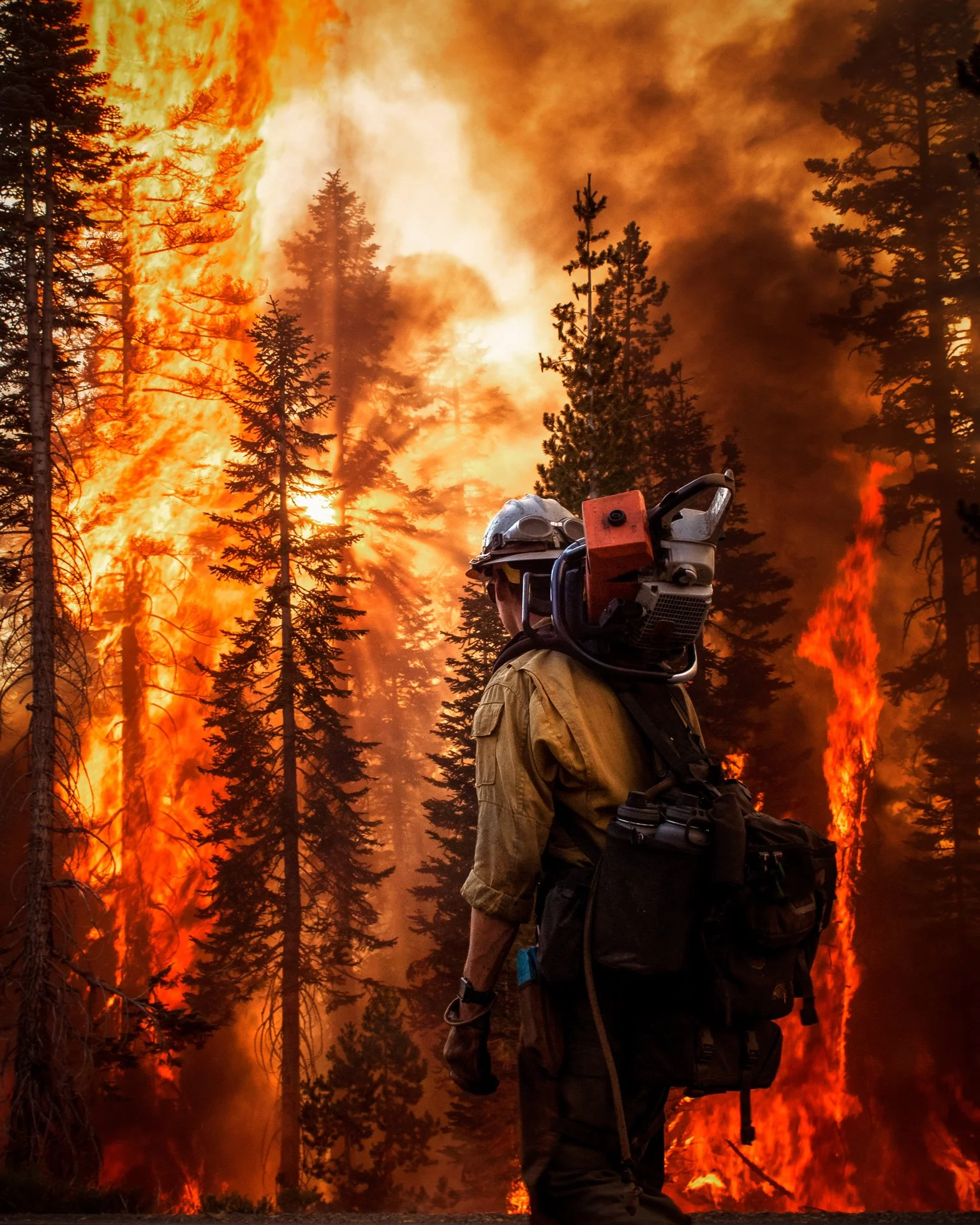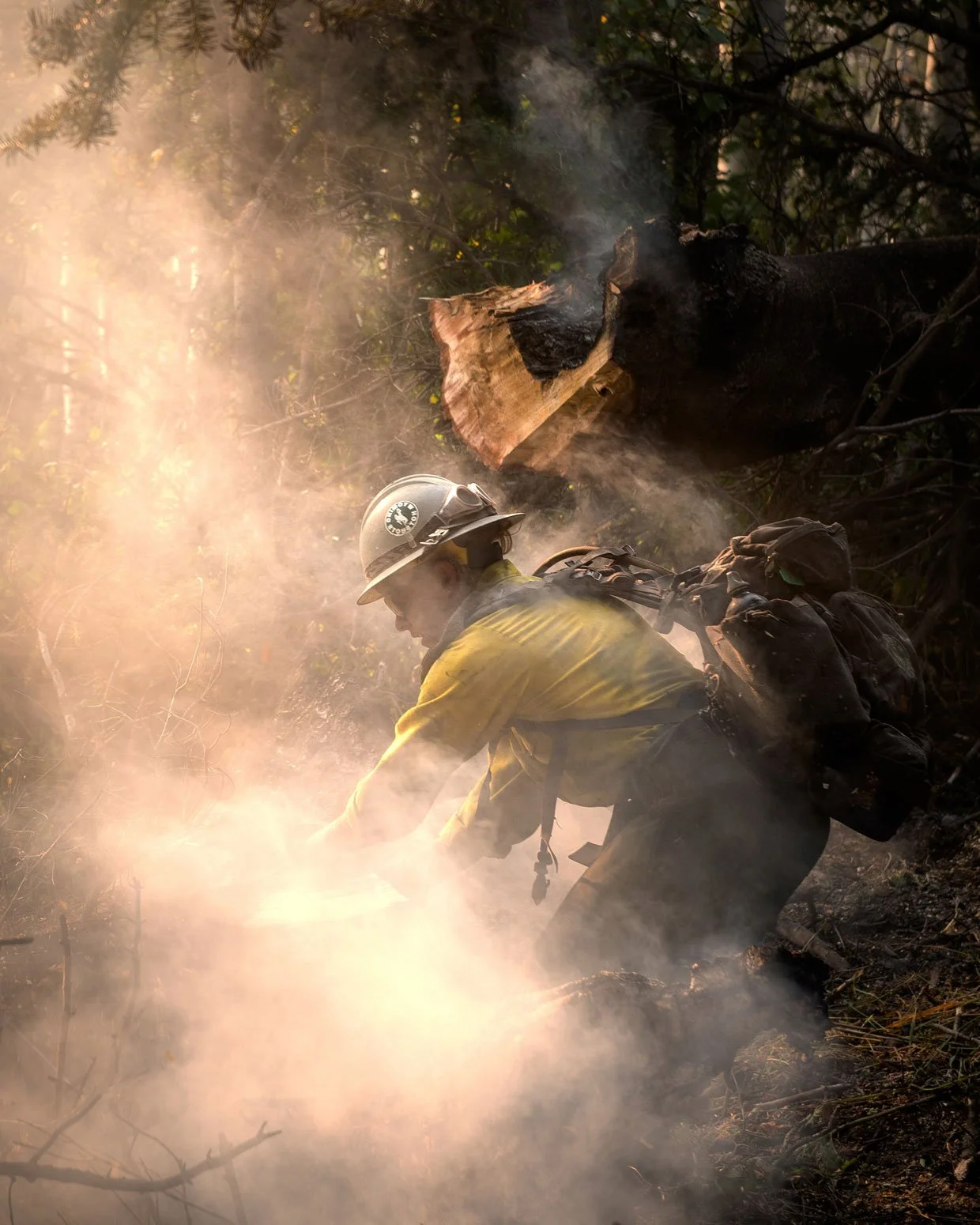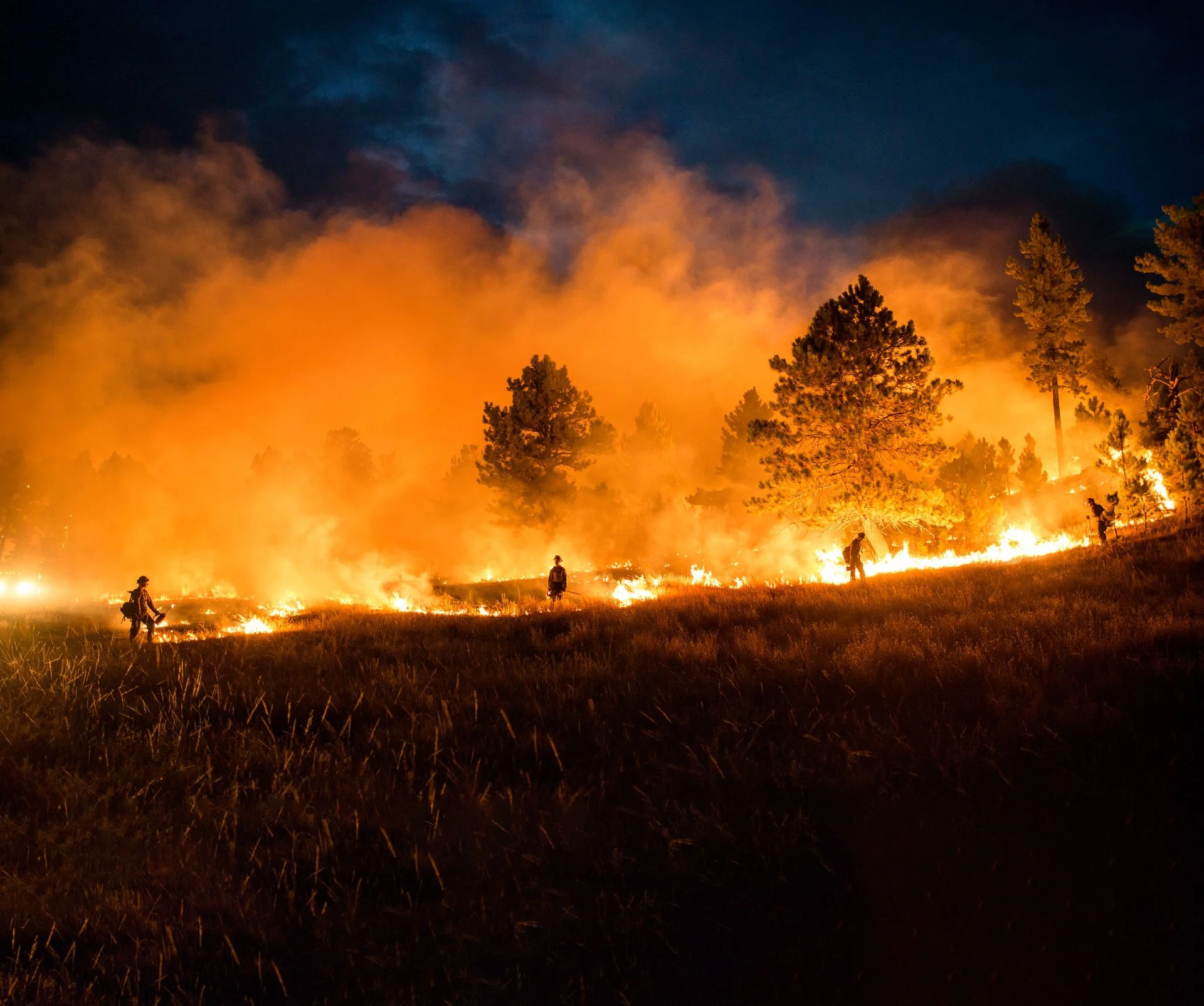
A voice for
Federal Wildland Firefighters
Our Mission
Grassroots Wildland Firefighters was founded in 2019 by active and retired federal wildland firefighters to confront the critical challenges facing those on the frontlines.
From fair pay and accurate job classification to comprehensive health support and workers' compensation reform, we are driven to secure the rights and well-being of those who protect our communities.
Fair Pay & Benefits
We advocate for increased pay, on-call pay, retirement calculations based on overtime and base pay (same as federal Law Enforcement), buyback of temporary employment time toward retirement, and the creation of a Wildland Firefighter Series.
Firefighter Health & Wellbeing
We advocate for increased funding and support for those battling to stay healthy physically and mentally, including: Office of Workers’ Compensation Program reform, access to year-round care for temporary wildland firefighters, and long-term heart and lung care.
Strategic Workforce
We believe a strategic workforce is needed to solve the current limited staffing and hazardous fuels reduction crises as fire season grows longer. We recognize that at current staffing levels, federal wildland firefighters are expected to work anywhere from 500-1500 hours of overtime year after year
Federal Wildland Fire Service
Reduce cost and increase efficiency by maintaining a highly skilled workforce dedicated to the task of managing wildfires, rather than multiple agencies with redundant administrative positions.
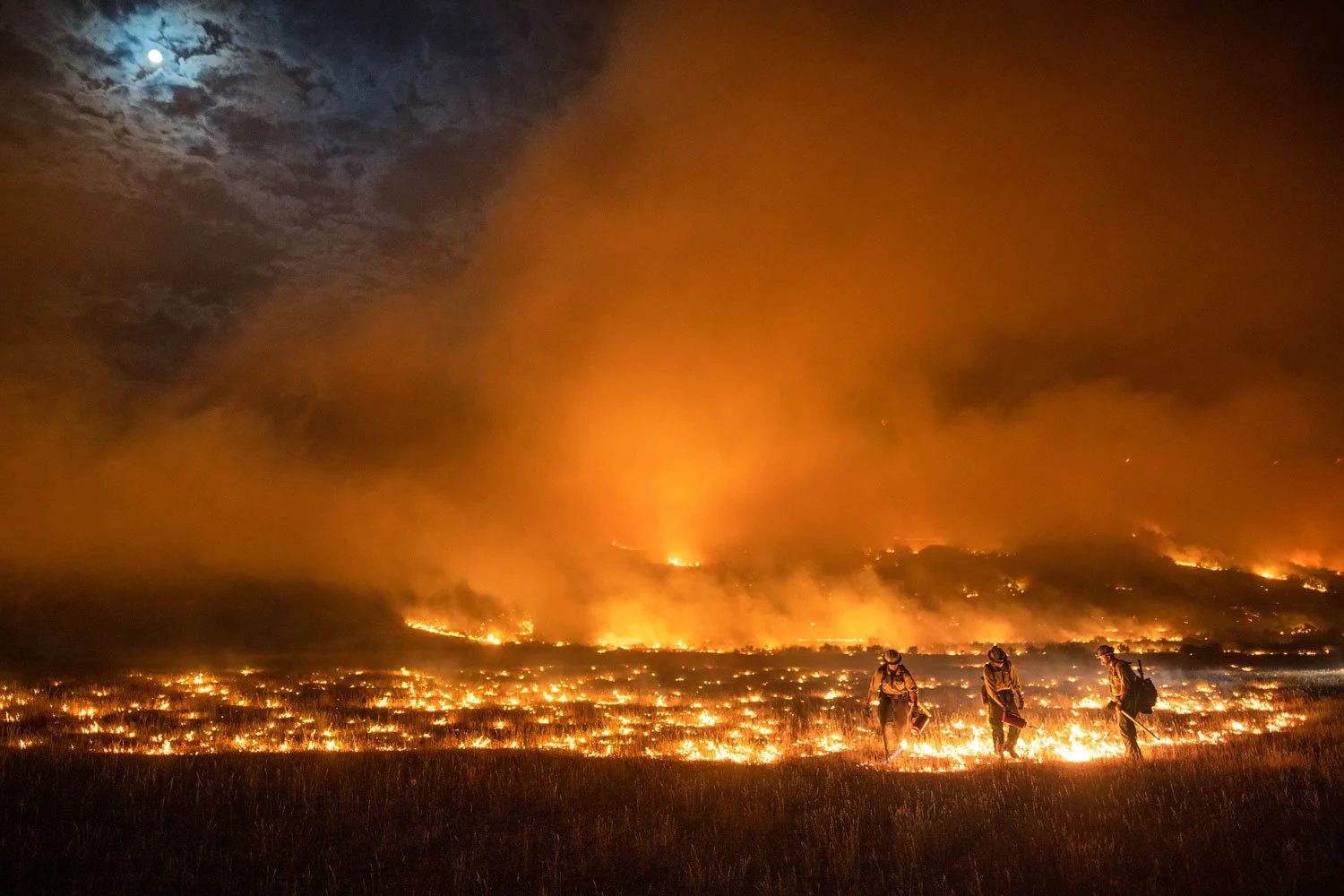
Support the Grassroots Mission
Grassroots Wildland Firefighters is a 501c3* and 501c4 organization. Funds donated to the 501c3 campaign, included below, will be utilized for education, awareness, resource sharing, and operational support.
*501c3 donations are tax deductible.
Funds donated to the 501c4 through this link will be utilized for advocacy, travel to/from Washington, DC, and advocacy related activities to ensure Grassroots Wildland Firefighters remain strategically positioned to work with legislative representatives and agency personnel.

